 |
| What direction will the US-China trade war take after 2024? (Source: Getty) |
As the world's number one and number two economies , the United States and China have a long history of strategic confrontation. The trade boom between the two countries occurred in the 1990s, when Beijing became a major trading partner and a key investment destination for Washington.
This has created growing concerns in the U.S. about trade imbalances and the negative impact on certain local industries.
By the time President Donald Trump left office in early 2021, US relations with China had become even more strained. Although the negotiations and signing of the Phase 1 trade agreement with China aimed to address some of each country's larger trade concerns, the Trump administration at the time maintained a tough stance on national security issues related to Beijing.
This includes targeting Chinese telecommunications giant Huawei and concerns about the Northeast Asian nation's influence on critical U.S. infrastructure. Relations between the two countries deteriorated further as the Covid-19 pandemic broke out and President Trump criticized Beijing's handling of the pandemic.
In late January 2021, upon becoming the occupant of the White House, although his language and demeanor may have been less "belligerent" than Trump's, President Biden adopted a similarly cautious approach to relations with China.
Biden has also strived since taking office to protect American geopolitical interests. It appears that Washington's relationship with Beijing is one of the few issues that enjoys bipartisan unity in American politics.
The 2024 presidential election takes place across the United States, with Democratic (such as incumbent President Biden) and Republican (such as California Governor Ron DeSantis) candidates, all of whom hold relatively tough stances on trade relations with China. So, what direction will the US-China trade war take after 2024?
America under Biden: We must stop China.
It appears the fragile era of cooperation between the US and China is reaching a stalemate. The Biden administration is aggressively pursuing a strategy to limit Beijing's dominance, particularly in the technology sector. This is considered a significant breakthrough compared to US policy over the past 30 years.
To limit what Washington perceives as Beijing's economic and political rise, Biden has implemented a "Defense and Advancement" strategy.
To protect U.S. interests, a series of executive orders and regulations are being implemented to slow China's economic and technological development. Among these new measures is what is known as the Foreign Direct Product Rule (FDPR). This supposedly "harsh" trade rule aims to prevent global chip manufacturers from supplying advanced computer chips to China.
Additionally, there is an executive order creating federal authority to regulate U.S. investments in China (the first time the federal government has the ability to intervene in American industry) and a bipartisan agreement on steps to screen investments in the Northeast Asian nation, as well as restrictions on the use of Chinese software and applications in the U.S. (such as TikTok).
In conjunction with these “protective” initiatives is Biden’s agenda to “boost” Washington’s competitiveness. This involves implementing policies and laws to promote U.S. economic growth, including reducing inflationary pressures and maintaining price stability in strategic high-tech sectors.
For example, the Act to Create Useful Incentives for Semiconductor Manufacturing in the United States (also known as the Chips and Science Act) aimed to strengthen the country's domestic semiconductor industry by providing financial incentives and funding to encourage domestic semiconductor manufacturing, research, and development. The act included provisions for subsidies and tax credits worth hundreds of billions of dollars to support the industry.
The Chips and Science Act is an ambitious plan by Washington to return the country to its golden age, becoming a leader not only in inventions and technology patents, but also as a leading semiconductor producer within the next decade.
This act was signed into law by US President Joe Biden on August 9, 2022, and at that time, the scale of the act amounted to $280 billion, of which the portion allocated to semiconductor manufacturing alone reached $39 billion.
Although the high-tech industry is currently on the Biden administration's target list, this policy also aims to extend the "Protect and Promote" strategy to other key areas such as biotechnology and clean energy – two sectors where the U.S. does not want China to take the lead.
What will Ron DeSantis say?
Biden's approach to trade and cooperation with China may seem tough, however, there are those who want an even harsher stance toward Beijing. California Governor Ron DeSantis, considered a "rising star" and a Republican presidential candidate, appears to be one of them.
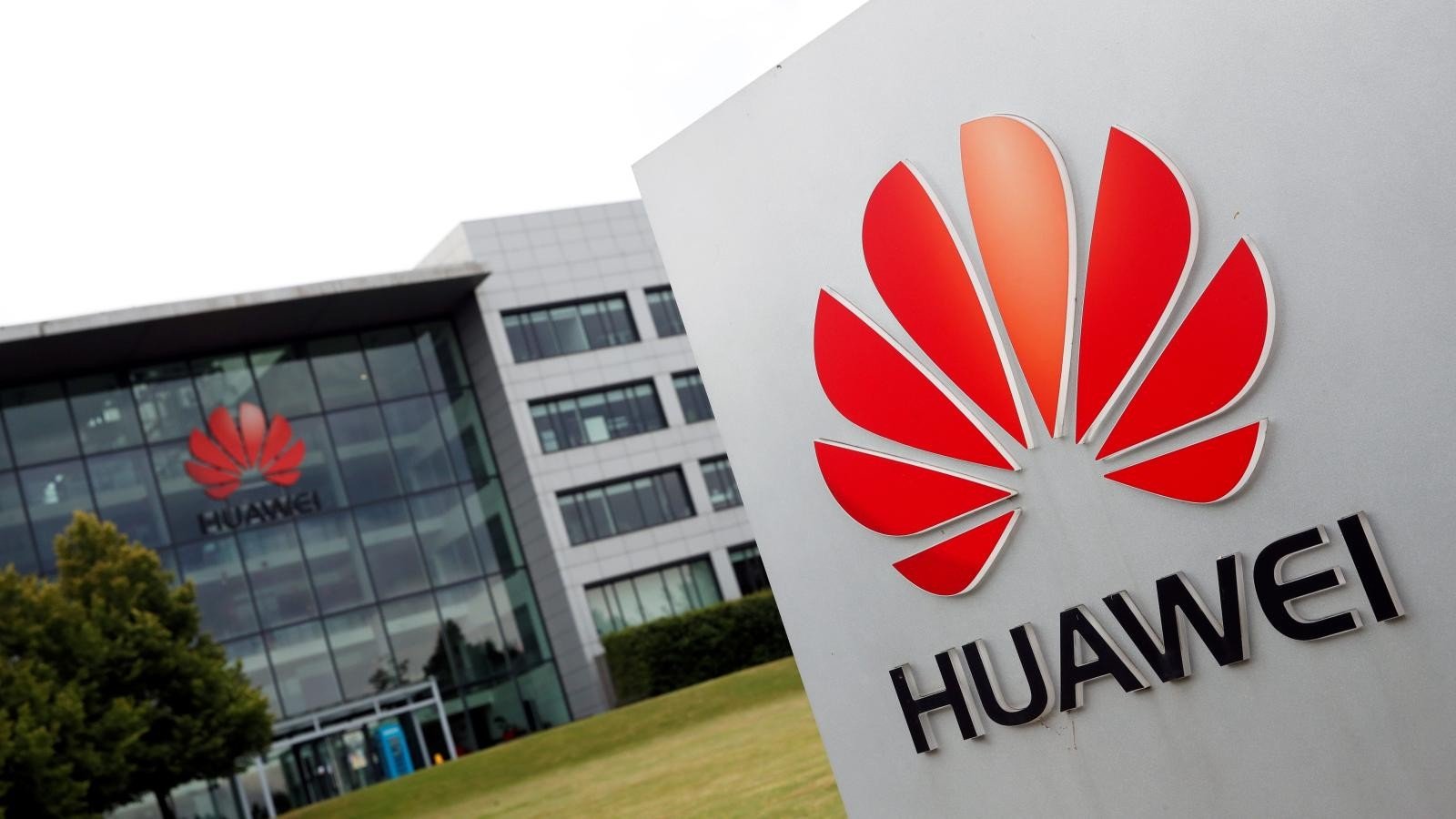 |
| Chinese telecommunications giant Huawei is a target in the US-China trade war. (Source: Quartz) |
The Florida state website claims that Governor DeSantis signed three bills “…to counter Chinese influence in Florida.” This is clearly an escalation of tensions and reminiscent of the Cold War era.
As Governor of Florida, DeSantis has made his stance on relations with China very clear. Three major laws he has passed in Florida include:
Chinese entities are prohibited from purchasing agricultural land, land near schools or critical infrastructure, or land near military bases in Florida.
It is prohibited to store any sensitive data on servers linked to China in any way.
Eliminate all Chinese influence in the Florida education system by prohibiting employees of Florida educational institutions from accepting any gifts from Chinese entities.
He blocked access to apps he deemed dangerous, such as TikTok, on any government or educational institution server or device.
Most recently, on July 9th, Mr. DeSantis stated that he would withdraw the permanent normalization of trade relations (PNTR - also known as most-favored-nation status) with China if elected next year.
In trade relations with the United States, only a few partners do not enjoy this status. The tariffs imposed on goods imported from a country enjoying PNTR status will be significantly lower than those on goods imported from a country that does not enjoy this status.
Clearly, Governor DeSantis views China as a major threat to the United States, both economically and culturally. He takes the idea of competition between the U.S. and China beyond simple trade agreements and transforms it into an ideological war, impacting every aspect of American life—from trade and education to the beliefs and lifestyles of its citizens.
If the Republican governor of California wins the presidential election next year, relations with China will undoubtedly be a key issue for him, and efforts to reduce trade between the two countries will be amplified.
However, it is likely that in 2024, the US will implement enhanced measures to reduce the volume of trade with China, particularly in high-tech sectors (which would consequently affect other key sectors).
Customs procedures are likely to become increasingly complex as both sides implement measures to protect their own economies and promote local development. If Governor DeSantis is elected President of the United States, US-China tensions will undoubtedly escalate significantly.
Source








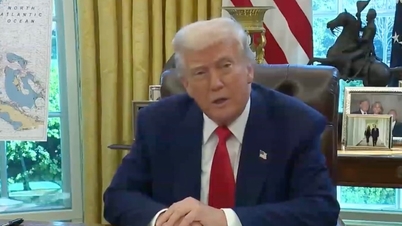



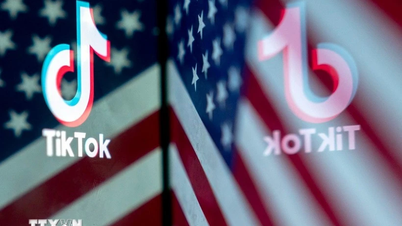

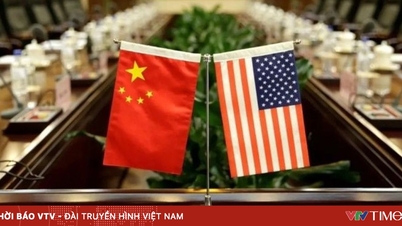



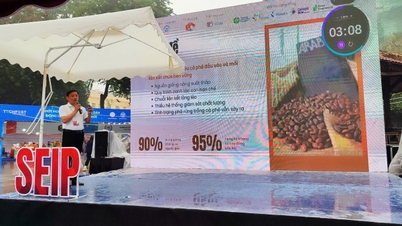


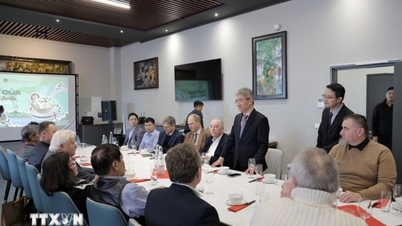

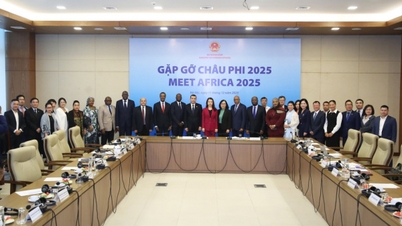
















































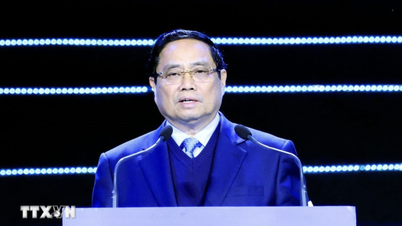



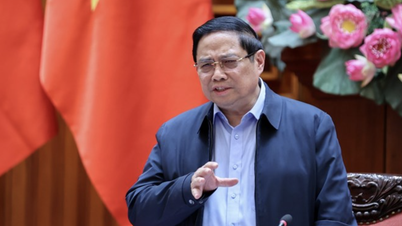



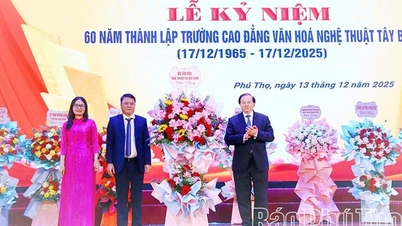
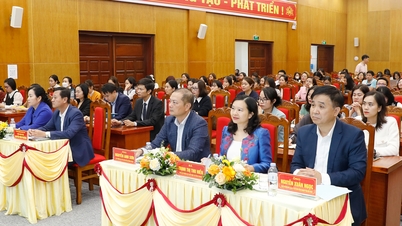

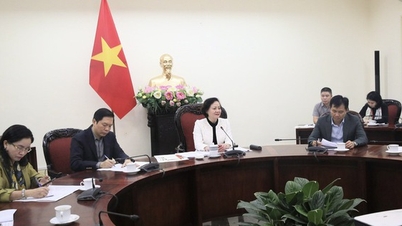

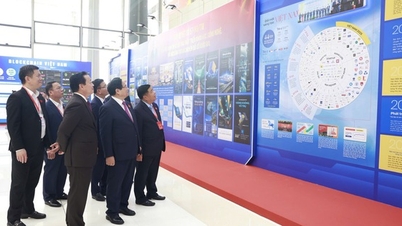

























Comment (0)